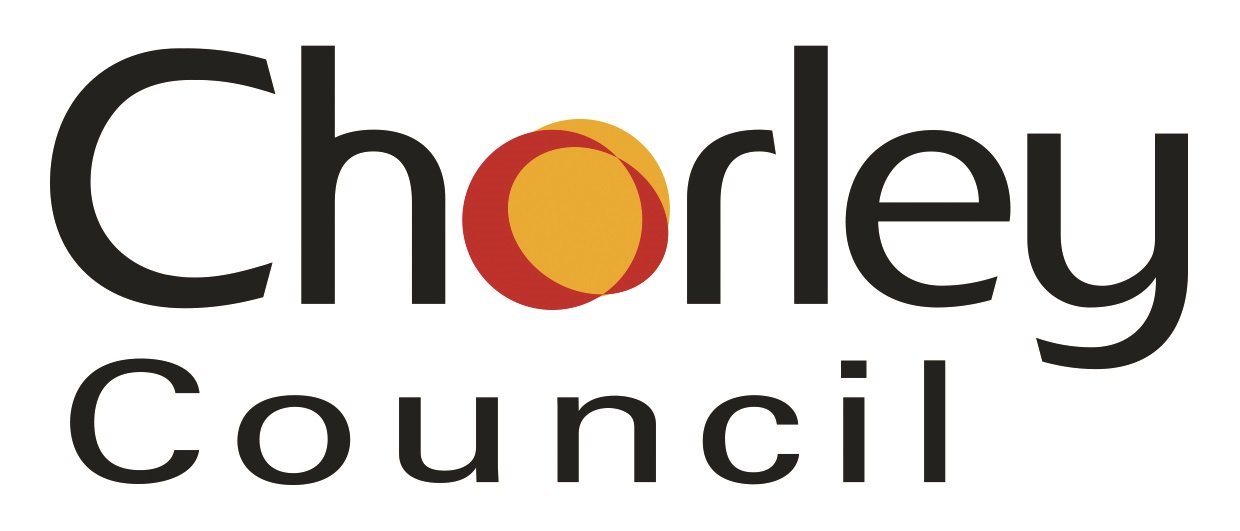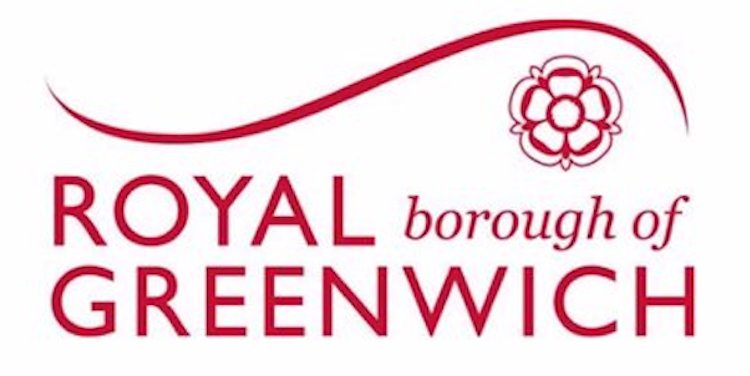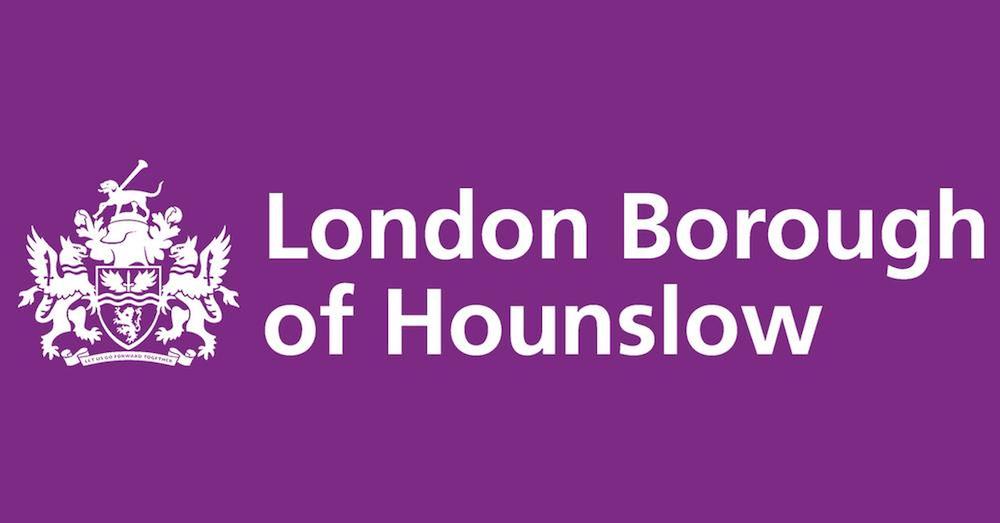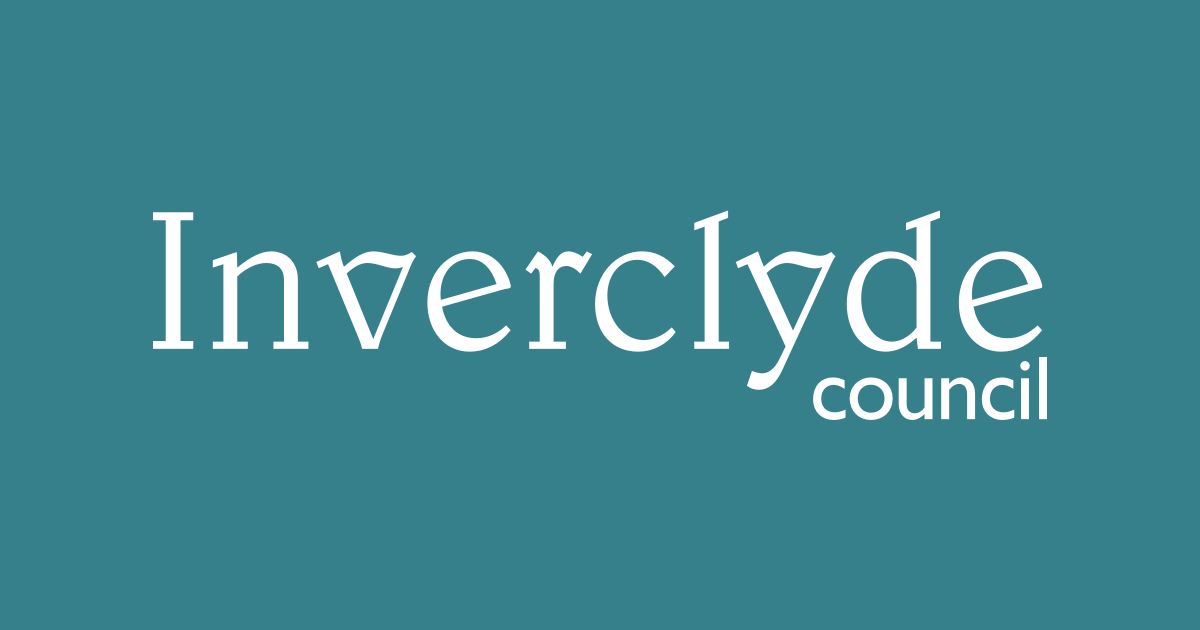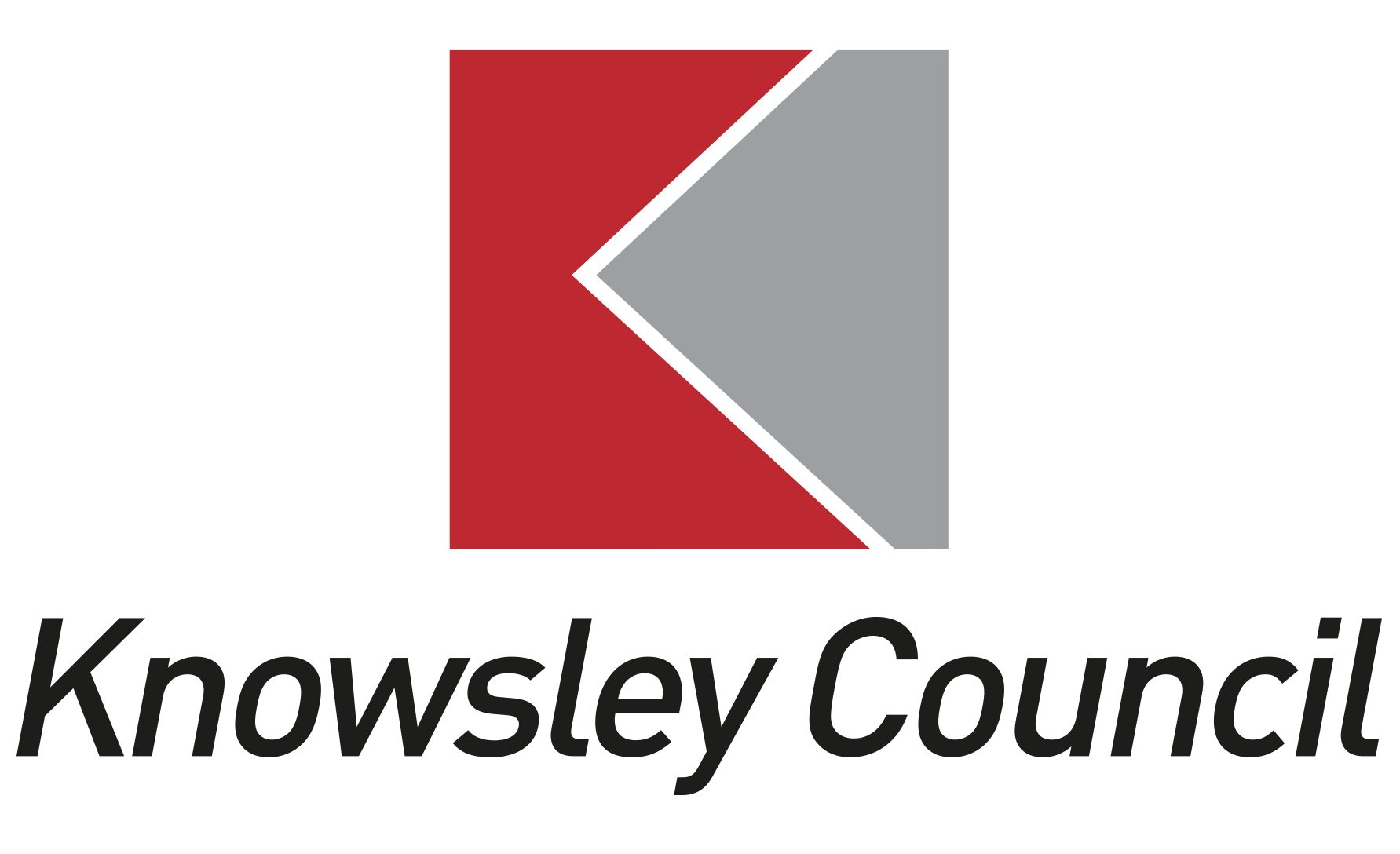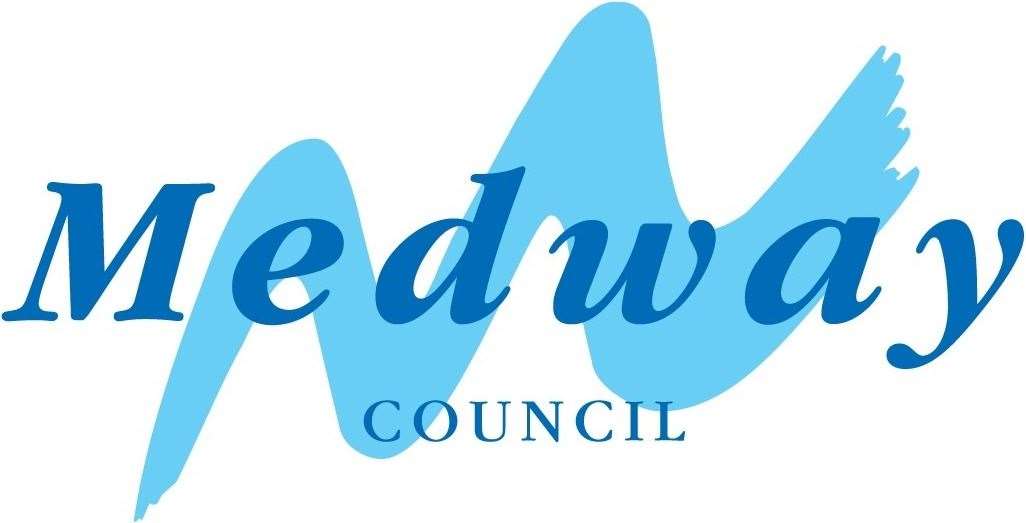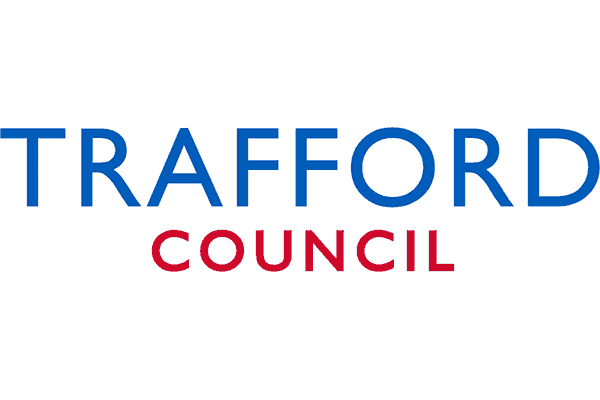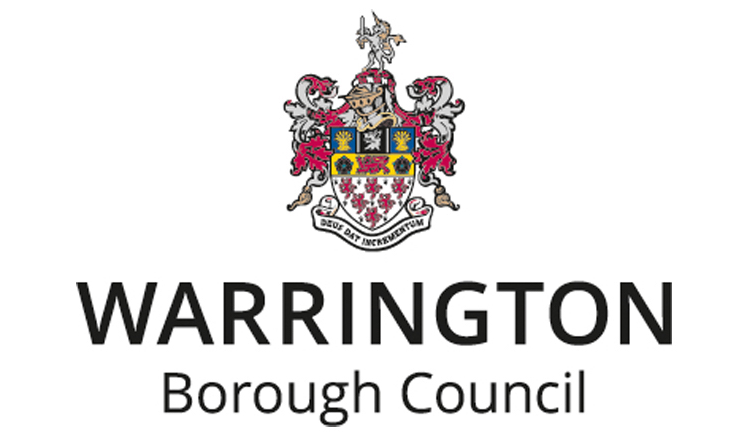Irrespective of the challenges you aim to address or the sectors through which you believe you can do this most effectively it is essential that the local policy environment is supportive of cooperatives. While not an exhaustive list some areas you might wish to review include:
- Procurement
- Grant making
- Business support
- Business rates relief
- Assets
Procurement
Procurement is one of the most direct levers that councils and other anchor organisations have at their disposal. While the toolkit deals elsewhere with the topic of encouraging the formation of cooperatives, it is important to ensure that your procurement policy considers cooperatives and that any supplier screening processes do not present a barrier to cooperatives participating in procurements.
Similarly, councils are required to consider social value as a result of the Social Value Act 2012. Many councils use the National TOMs Framework and tools like the Social Value Portal in order to receive and compare social value commitments as part of the procurement process and subsequent delivery of social value. There is some concern that these processes disadvantage small businesses and VCSE organisations.
Another CCIN Policy Lab project is developing a Social Value Toolkit that will touch on how cooperatives deliver social value and how procurement processes may need to be shaped to maximise these opportunities. The project proposal is here for background. This is likely to build on previous CCIN funded work by Oxford City Council on Translating Cooperative Values into ‘Social Values’ for Procurement.
We would encourage you to consider the best approach to social value particularly in procurement exercises where market engagement suggests cooperatives may bid – or where you have pro-actively encouraged the formation of cooperatives.
Useful resources:
- Translating Cooperative Values into ‘Social Values’ for Procurement , Oxford City Council (2023).
- An alternative is possible: Measuring the impact of cooperatives, IPPR (2024).
Grant making
Most councils operate a range of grant schemes for different purposes. These may or may not operate under an overall grant making policy. This being the case or not, it is essential that you consider whether cooperatives are eligible to participate in your grant programmes and if not whether this is an appropriate or unnecessary exclusion.
Charities are obliged to have a board of trustees which must be individuals who are not in the employ of the organisation. This presents a barrier to individuals that you would otherwise cite as potential beneficiaries from setting the direction of an organisation they have formed and simultaneously benefitting as employees. This would appear to contradict the cooperative principles of self-help and self-responsibility.
Business Rates Relief
Any community benefit society registered as an exempt charity will automatically benefit from the mandatory 80% business rates discount. Local authorities can also under the Localism Act 2011 give Business Rates Relief to individual businesses or groups of businesses.
You may wish to consider giving relief to all cooperatives or particular types of cooperative.
Assets
The theme of asset transfers has been dealt with in a previous CCIN policy lab with the report Beyond Asset Transfer. If you have an existing Asset Transfer Policy or intend to create one, it is important to ensure that cooperatives – particularly Community Benefit Societies – are eligible for transfers and that organisations that take on assets are able to sublet space to cooperatives as well as other local businesses. You may wish to avoid limiting the kinds of organisation space can be sublet to at all as this may provide the kind of income stream which is essential to keeping community spaces open.
The Beyond Asset Transfer report includes reference to good practice asset transfer policy examples.
In addition to transfer of assets, providing pop up opportunities in spaces like markets and supporting meanwhile uses of assets can provide flexible low-cost space to business start ups and can be targeted at cooperatives and social enterprises.
Assets of Community Value (ACV) is another important route through which community groups or businesses may be able to take on locally important assets. The Localism Act created the responsibility for local authorities to maintain a register ACVs.
Planning
There are two areas of planning policy which particularly relate to cooperatives. The first is recognition of the role of community-led housing (CLH) while the second is provision for community groups to develop and promote renewable energy schemes.
The new Labour government has set out very high house building targets but as yet not discussed the role of CLH. However, their manifesto makes an explicit commitment around the role of communities in energy generation.
To see either of these opportunities materialised it will be essential to have considered these within the Local Plan framework.








